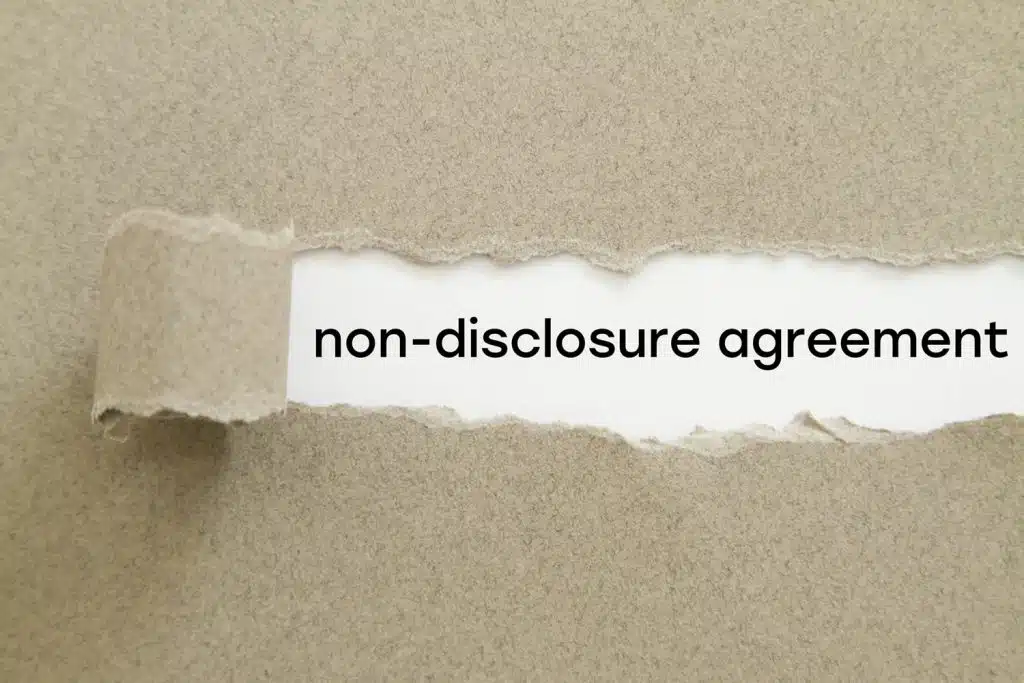What is a share sale agreement?
A share sale agreement is a legally binding contract that outlines the terms and conditions for the sale and purchase of shares in a company.
It is typically used when one party (the seller) wants to sell their shares in a company to another party (the buyer).
The share sale agreement sets out the rights and obligations of both parties involved in the transaction and provides a framework for the transfer of ownership.
Key inclusions

If you’re thinking to buy or sell shares in a company, you’ll need a share sale agreement.
To ensure you meet your legal requirements as well being adequately protected, your agreement will need to address (in detail) the following items.
- The number of shares being bought or sold
- The purchase price for the shares
- When and where the sale completion will take place
- How payment(s) will be made. This could be a one-off payment at completion or instalments to be paid over time
- A full set of warranties to be provided by the seller of the shares.
The share sale agreement normally consists of three parties:
- Seller
- Buyer
- Company

1. Share details
Share sale price and number of shares to be sold should be accurately and correctly noted in the agreement.

2. Tile, property and risk
It is important all parties know when title, property and risk passes from the seller to the purchaser. This determines legal liability throughout the process.

3. Rights and obligations
The agreement should detail both the seller and purchaser’s rights and obligations concerning the share sale at pre-sale, during, and post-sale completion.

4. Confidentiality
Naturally there will be sensitive information shared between the parties during the process. A confidentiality clause ensures this information remains between those involved.

5. Indemnity
To prevent indemnity disputes where (or if) the seller should indemnify the purchaser, indemnity clauses should be included in the agreement. As an example, if the seller breaches the terms of the contract, these clauses would provide the grounds for the purchaser to be indemnified.

6. Restraint
Including restraints in the agreement on the types of business and geographic area that can be established by the seller, protects the buyer particularly if they’re buying a large portion of the seller’s business.
Other considerations
As part of a share sale agreement, there are many other considerations in the overall process such as share transfer forms, share certificates and notifications to ASIC. It is important you seek professional and experienced legal advice on all these areas when considering a share sales agreement.
Schedule a free chat.
Fill in the form below and one of our team will be in touch. You can also phone 1300 149 140 during standard business hours.













